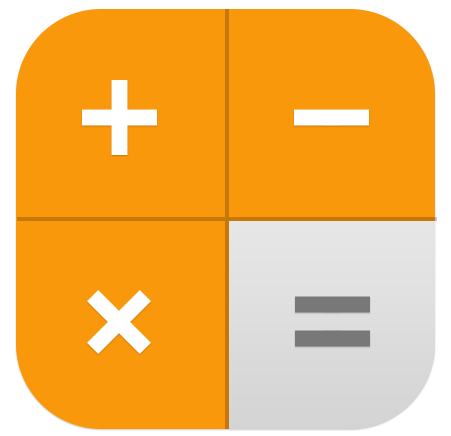What is a Matrix Calculator?
A matrix calculator is a tool that is used to perform various operations on matrices, such as addition, subtraction, multiplication, and finding determinants and inverses. Matrices are a crucial part of mathematics and are used in various fields such as physics, engineering, computer science, and economics. Matrix calculators make it easy to work with matrices by providing a user-friendly interface and quick calculations.
How Does a Matrix Calculator Work?
A matrix calculator works by taking input matrices from the user and performing various operations on them. The user enters the dimensions of the matrices and the elements of the matrices, and then selects the operation they want to perform. The calculator then computes the result using mathematical algorithms and displays it to the user. Some advanced matrix calculators can handle complex operations and large matrices with ease.
Benefits of Using a Matrix Calculator

There are several benefits to using a matrix calculator. One of the main advantages is that it saves time and effort by automating the process of matrix operations. Instead of manually performing calculations, a matrix calculator can compute results quickly and accurately. This is especially useful when working with large matrices or when performing complex operations.
Another benefit of using a matrix calculator is that it helps reduce errors. Manual calculations can lead to mistakes, especially when dealing with large numbers or complicated operations. By using a matrix calculator, users can ensure that their calculations are correct and precise, leading to more reliable results.
Matrix calculators are also convenient to use, as they are accessible online and can be used anytime, anywhere. This makes them a valuable tool for students, researchers, and professionals who work with matrices regularly.
Popular Features of Matrix Calculators
Matrix calculators come with a variety of features that make working with matrices easier and more efficient. Some of the popular features include:
- Matrix addition and subtraction: Easily add or subtract matrices of any size
- Matrix multiplication: Multiply matrices together to find the product
- Determinant calculation: Find the determinant of a square matrix
- Inverse calculation: Calculate the inverse of a square matrix
- Eigenvalue and eigenvector calculation: Solve for eigenvalues and eigenvectors of a matrix
These features make matrix calculators versatile tools that can handle a wide range of matrix operations, from basic to advanced. Users can perform complex calculations with ease and obtain accurate results quickly.
Applications of Matrix Calculators
Matrix calculators have numerous applications in various fields, including:
- Engineering: Matrices are used to solve systems of linear equations, analyze structures, and simulate physical systems
- Computer science: Matrices are used in graphics processing, data analysis, and machine learning algorithms
- Physics: Matrices are used to describe quantum mechanics, electromagnetic fields, and fluid dynamics
- Economics: Matrices are used in input-output analysis, linear programming, and financial modeling
Matrix calculators play a crucial role in making these applications more accessible and efficient. They enable users to perform complex calculations quickly and accurately, leading to better decision-making and problem-solving in their respective fields.
Conclusion
Matrix calculators are powerful tools that facilitate working with matrices and performing various operations on them. They save time, reduce errors, and provide convenient access to advanced mathematical tools. Whether you are a student studying linear algebra or a professional working in a technical field, a matrix calculator can help simplify your work and improve the accuracy of your calculations. Consider using a matrix calculator for your next matrix-related task and experience the benefits of this versatile tool.






